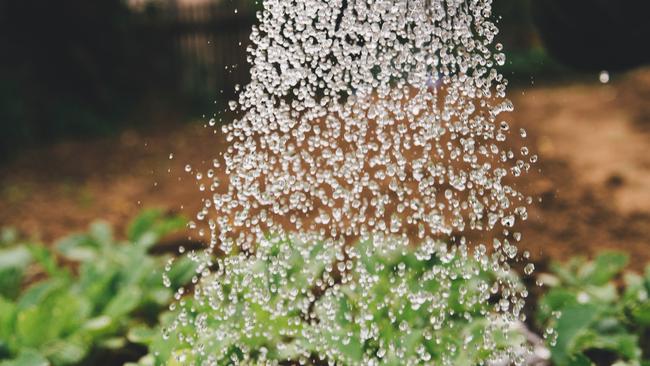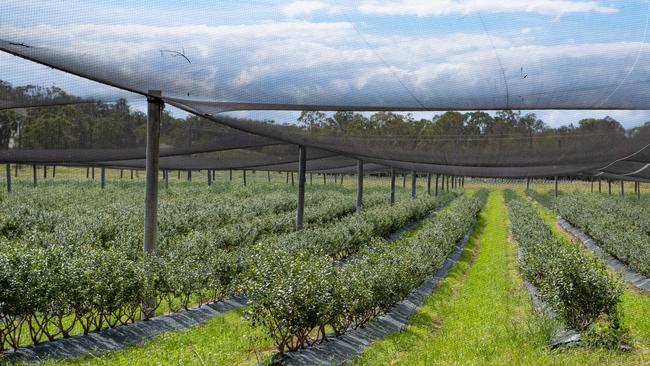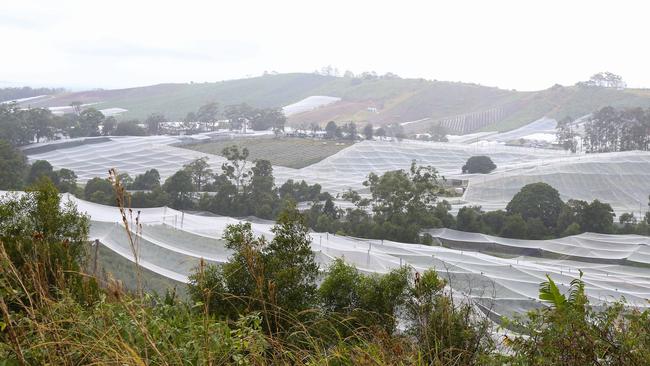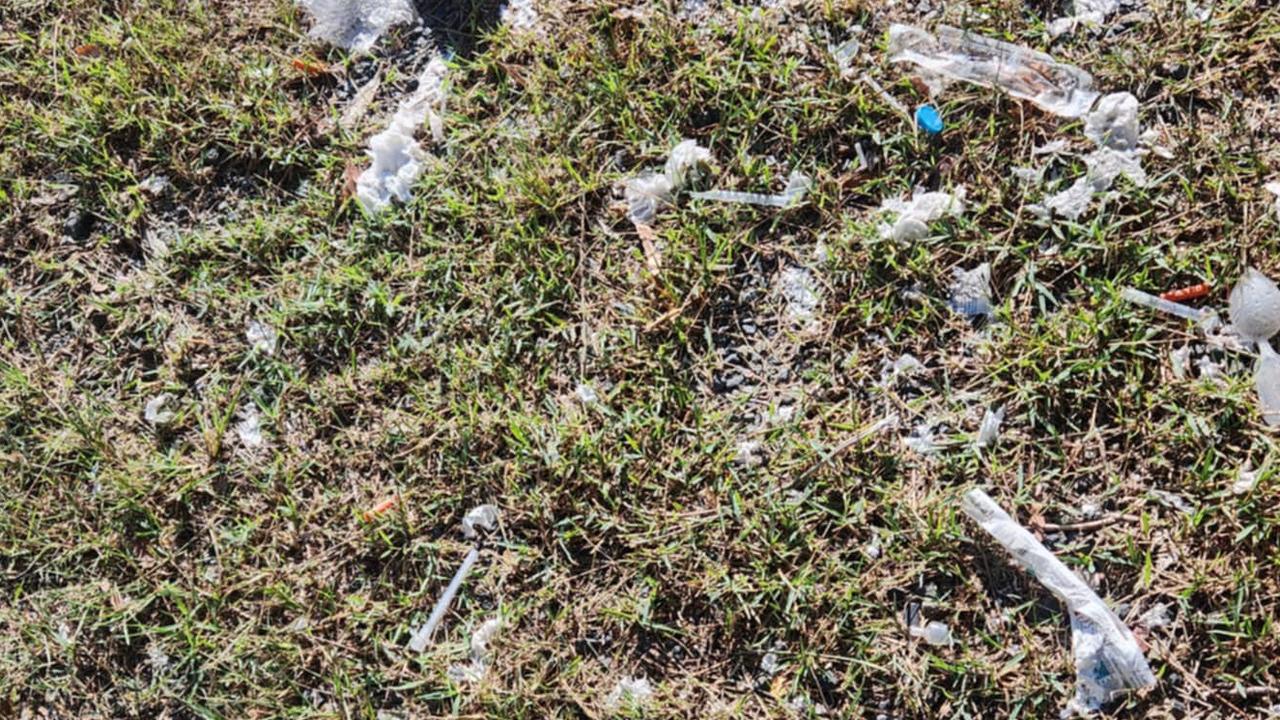All agriculture customers breaking rules on recycled water
None of the 34 existing agricultural customers were fully compliant on recycled water use from Council facilities.

Coffs Harbour
Don't miss out on the headlines from Coffs Harbour. Followed categories will be added to My News.
A Council audit of recycled water use has revealed significant levels of noncompliance in the intensive plant agriculture sector and suggests introducing fees and charges for the supply.
Coffs Harbour City Council currently treats sewerage, and produces recycled water, at three facilities: Coffs Harbour Water Reclamation Plant, Moonee Water Reclamation Plant and Woolgoolga Water Reclamation Plant.
The recycled water is pumped via a network of pipelines to customers for use in both municipal and agricultural applications.
There is currently no charge for the supply.
Earlier this year Council conducted an audit which revealed some worrying trends.
It found that none of the 34 existing agricultural customers was fully compliant with the conditions of their Recycled Water Supply Agreements.
The levels of compliance among the 25 non-agricultural sector users was significantly better.
Typical noncompliance included users exceeding allocation, or usage not being measured and recorded.

There was also a lack of onsite storage or controls to prevent recycled water entering rivers and creeks.
At the more severe end of the audit findings, some users had allowed leaks to continue unabated and without repair, or valves were allowed to remain open which resulted in large quantities of recycled water entering the natural environment.
The Southern Cross University has been conducting a number of studies into the potential impacts of the intensive agriculture industry.
RELATED:
Alarming results prompt calls to reform blueberry industry
REVEALED: Local waterways of most concern to SCU researchers
Fisheries at threat from unregulated use of chemicals
REVEALED: How farmers are failing the waterways
A recent SCU study identified that the sub-catchments of Double Crossing Creek contained nitrate levels significantly higher than the Australian and New Zealand Environment and Conservation Council (ANZECC) guidelines for Fresh and Marine Water Quality.
Analysis indicates a proportion of this nitrate load could be originating from recycled water. This finding, if sustained, consequentially establishes a direct link between the mismanagement and/or neglect by end users of recycled water and the negative impacts on the downstream aquatic environment.

Demand for recycled water has steadily increased since Council began the supply in the late 1990s and now totals 59 customers comprising; 34 agricultural customers, 15 non-agricultural customers and 10 Council facilities.
The matter will be considered by Councillors on Thursday with the recommendation from staff being to introduce new a Recycled Water Access and Licencing Charge and Recycled Water Consumption Charges effective from January 1, 2021.
The option of progressively increasing the charges over the following three financial years will also be considered.


